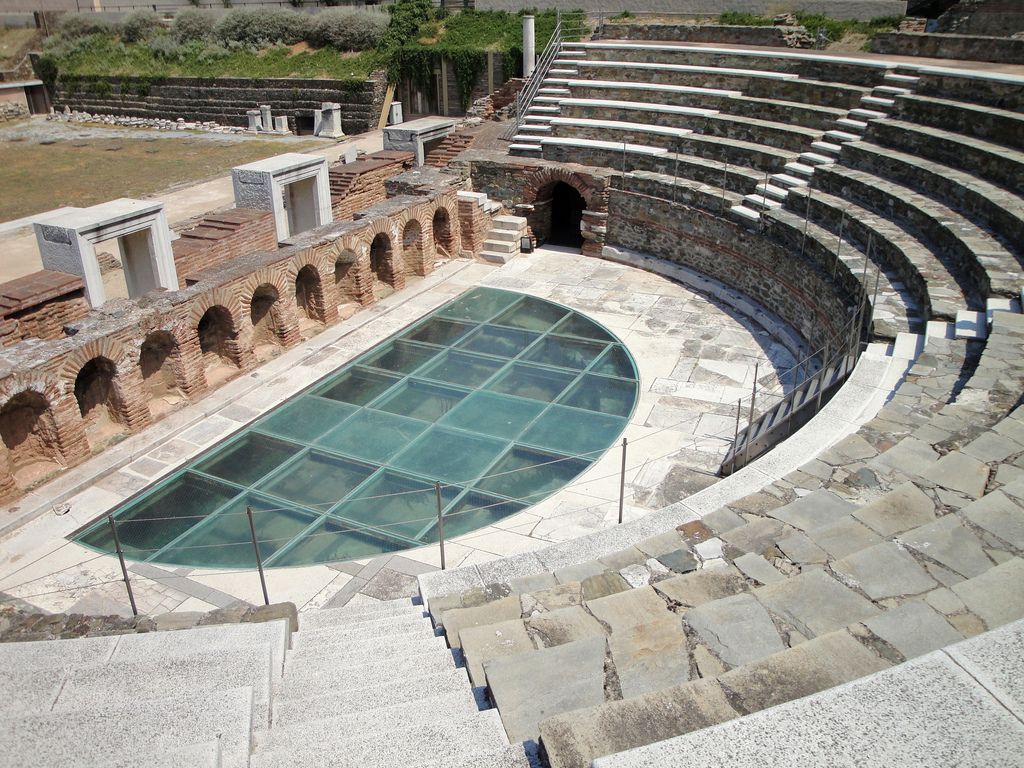“Paul, Silvanus, and Timothy, to the church of Thessalonians
in God the Father and the Lord Jesus Christ: Grace to you
and peace from God our Father and the Lord Jesus Christ”
– 1 Thessalonians 1:1 –
Thessalonica was the capital of Macedonia. It was located on the peninsula of the Thermaic Gulf. The Via Egnatia that linked the East and Rome, passed through Thessalonica. The favorable location and the excellent port made it a commercial and tourist center of great importance. For that reason, it had a large concentration of Jews and a synagogue.
In chapter 1, Paul shows concern with the Thessalonians through thanksgiving and prayer, expressing certainty about the sincerity of faith and conversion of the Thessalonians.
Paul mentions Silvanus, who is Silas himself, his mission and prison companion, and Timothy, who is a friend and young evangelist.
The apostle is affectionate with the brothers and sisters, and emphasizes their active faith, dedication, and firmness in hope in Christ. An important aspect is that the Thessalonians have become imitators of Paul, to the point of receiving the Word willingly, even in the face of suffering. And because of this confident and cheerful stance, the Thessalonians became examples with reference to the firmness with which they accepted Christianity and the zeal with which they received the teachings.
Thus, they became an example to others after conversion, which highlights the high quality of their Christian witness. The abandoned a life of idolatry, as they were sincerely and wholly converted to God, putting all their hope in Christ.
True conversion is one that leads us to abandon every evil path, every wrong teaching, and leads us to a life of centralized conviction in the Word of God. Converted Christians are so impactful that their good example influences other people.
It may be that some may not be able to indicate the exact timing and place of their conversion, nor explain the circumstances by which they were brought to that time and place, but their testimony will be clearly demonstrated.
“A change will be seen inthe character, the habits, the pursuits.
The contrast will be clear and decided between what they have been
and what they are. The character is revealed, not by occasional good deeds
and occasional misdeeds, but by the tendency of the habitual words and acts”
(Steps to Chirst, pp. 57-58).
Therefore today, “before the sun goes down, think of an act that leads to someone
else’s conversion and execute it with all your might” (Spurgeon).

